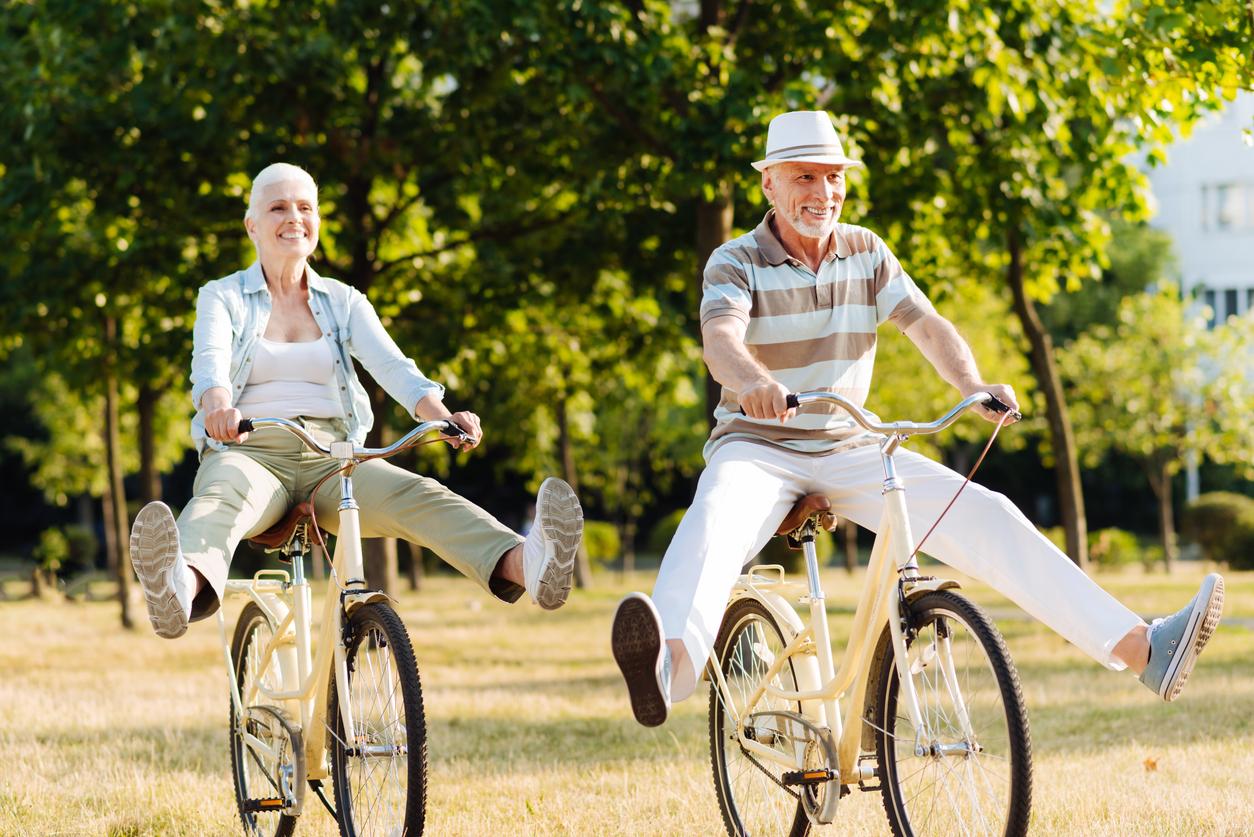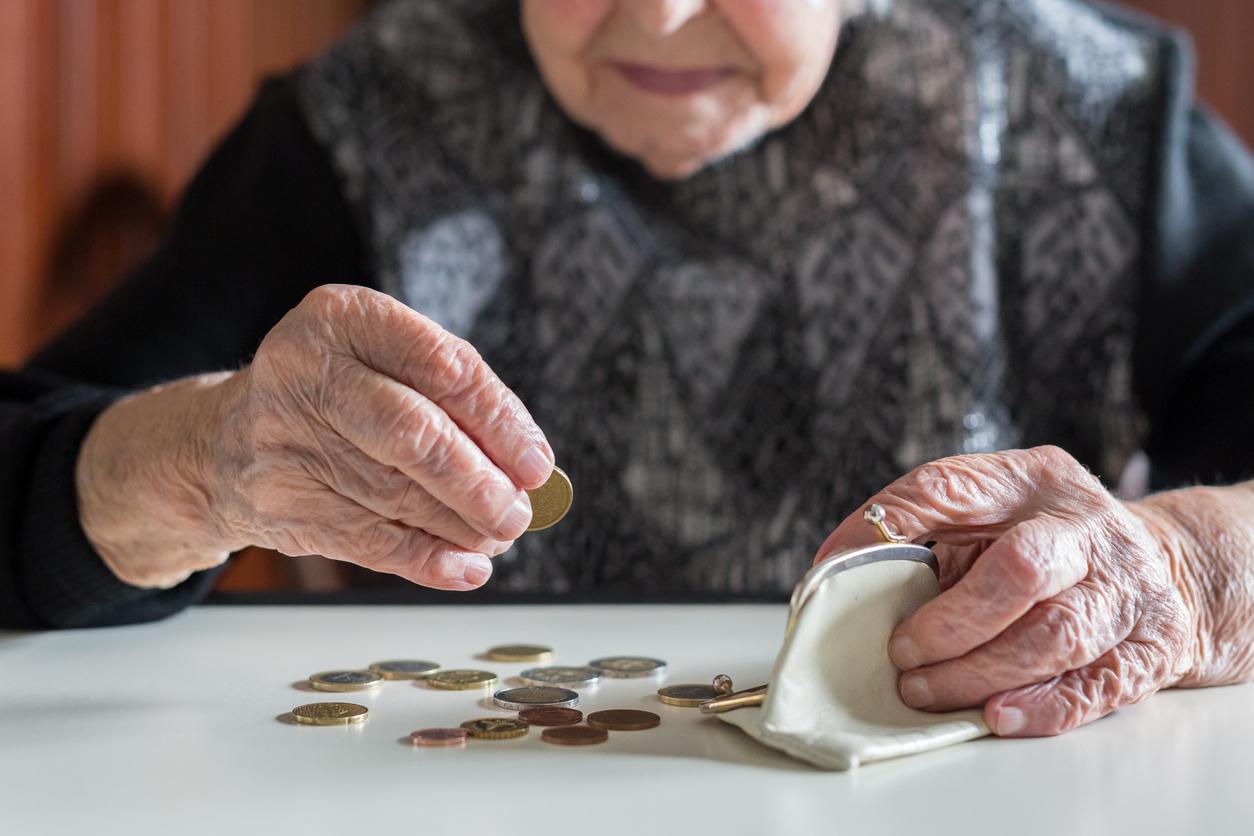British economic research agency, Mintel, published a study on the impact of Covid-19 on their lives among 1,000 internet users in Poland, Italy, Spain, France, Germany and the United Kingdom, during the first week of deconfinement. It is clear that the answers depend on local situations.

The European Union may be a single market, but the mores and visions of the health crisis are very different from one state to another. The British private economic research agency, Mintel, has undertaken a study on the impact of Covid-19 on the values and desires of the 1,000 Europeans in the six most populous countries, including the United Kingdom in the midst of negotiations for post-Brexit. A panel conducted on the ‘Internet’ with people over 16 and selected using the random sampling method by their partner Lightspeed GMI. Regarding the French sample, the organization ensures that it is representative “of the French population in terms of age, sex and region.” However, according to their results which they were kind enough to communicate – all the data is reserved for their customers – Europeans seem to experience deconfinement differently.
Greater attention to family and friends in the UK and France
To the question “since the beginning of the epidemic to what point do you give the most priority today?”, the first concern seems to be “maintaining contact with family and friends“. It is particularly strong on the panels of the United Kingdom (57%), France (55%), a little less in Italy (47%) and in Spain (46%). In Germany (38%) and in Poland (34%), it seems to be less supportive. The reason seems to be that these populations have not experienced the Covid-19 crisis in the same way. Remember that the United Kingdom, with 66.65 million inhabitants, is the second most bereaved country according to statistics from Johns Hopkins University. As of June 4, the country across the Channel officially declares 39,811 deaths on its territory, i.e. 0.59‰. Similarly, France is, according to this American statistic, the 5th country with the most deaths from Covid-19. Its 29,024 deceased on its soil, represents a rate of 0.43‰ dead relative to its population. However, if Italy (3rd most bereaved country according to this university) and Spain (6th) are not ahead perhaps this is due to their social structures where parents and children live more under the same roof or proximity. As for Germany and Poland, these countries have been relatively spared both by the disease and by the restrictions of containment. This certainly left its mark on their inhabitants less.
On a lesser scale, physical activity and healthy eating are also highlighted during this questionnaire. They are becoming a greater concern than before the crisis respectively for 34% and 31% of the British, 33% and 37% of the French, 32% and 34% of the Italians, 27% and 29% of the Spaniards, 24% and 29% Poles and 19% and 22% of Germans. Why do the inhabitants of France and Polish lands seem more interested in what’s on their plate than in their physical form? The study does not provide an answer.
Quickly see your loved ones and get a change of scenery
In its second question, the survey asks what activity are they doing the most during deconfinement. Out of a panel of 11 responses, the Europeans questioned “spend time with family or friends”. They all placed this choice first with an average of 53%, a strong desire which reaches 61% among the French and the Spaniards, while the Germans seem the least inclined to this reunion (39%).
Quickly, a change of air is one of the most pressing desires. There the Poles (38%) come first in this desire to go on vacation followed by the Italians (34%) and the Germans (33%). The most cautious are the British (28%) and the French (27%). Perhaps their pessimism about economic health is dampening their enthusiasm. Then “eating out” (average at 25%) and “going to the hairdresser or a beautician” (average at 24%) are also requested.
This is followed by “having a drink” (22%) very popular with Spaniards (40%), resuming routine exercises (16%) then going to the cinema or the theater (15%). Then comes a tie for shopping (13%) a desire more British (17%) than Spanish (8%) and returning to school or work (13%) where the Italians (17%) exceed the Germans ( 9%). Going to an event such as a music concert (9%) or attending a sporting event (6%) suggests significant disparities. The Germans favor the return of concerts (11%) and sporting events (10%) as do the Poles (15% for one and 8% for the other). If the French are very cautious towards these two collective activities (5% and 4%), their neighbors, also very affected by Cvodi-19, are more ambivalent. The British are 9% to want to return to attend a sports meeting and 7% for music, while the Italians and the Spaniards are less in a hurry for sport (5%) but more for music (9%).
.

















